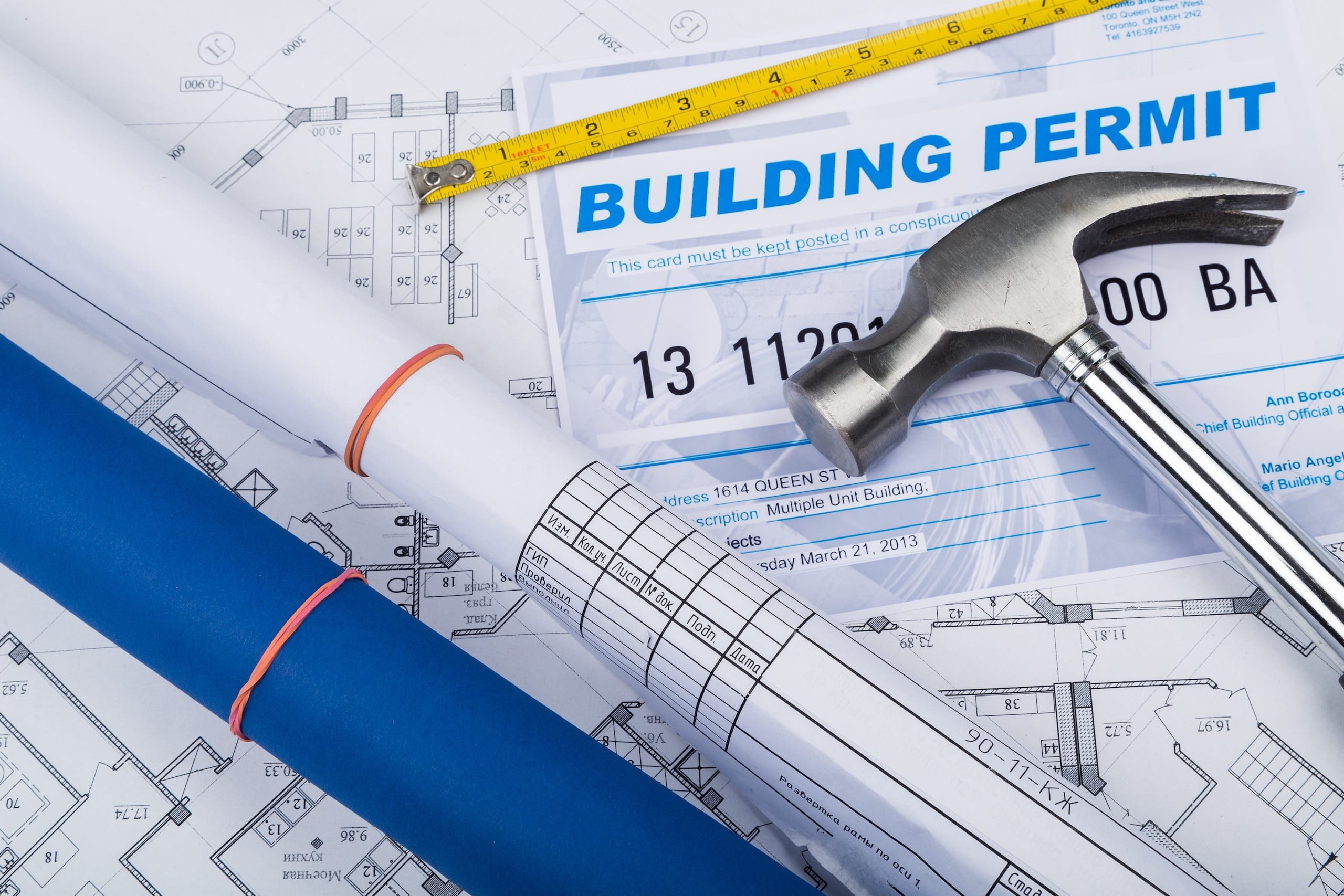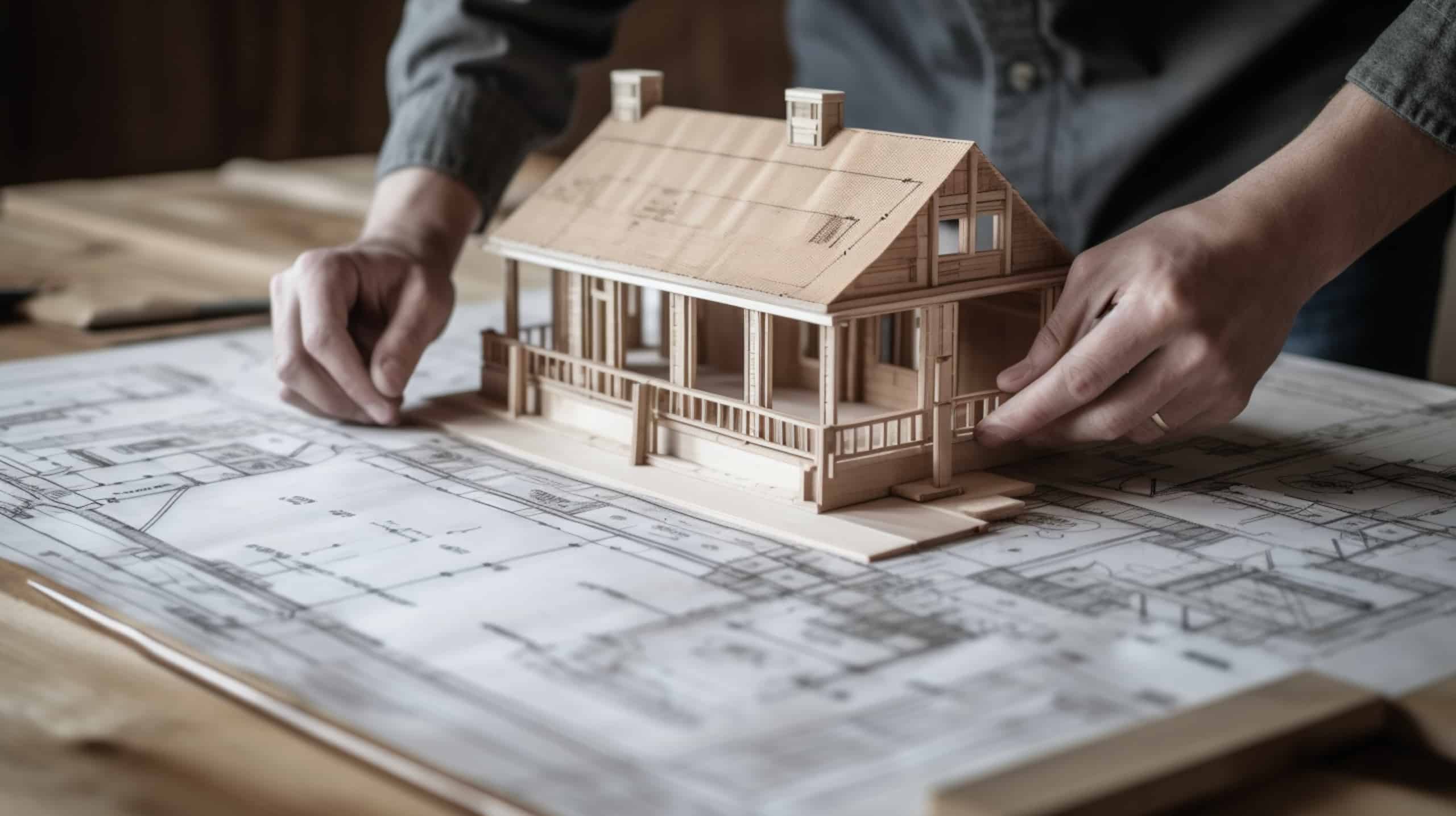Occupancy permits
Welcome to the bustling province of Manitoba! As you navigate through the exciting world of construction and development, there’s one crucial document that can make or break your project – the building occupancy permit. Whether you’re a seasoned developer or just dipping your toes into the real estate market, understanding what a building occupancy permit entails is essential for ensuring compliance with local regulations and ensuring a smooth transition from construction to occupation. In this page, we’ll delve into all things related to building occupancy permits in Manitoba – who needs them, when they’re required, how long they last, and much more.
Building occupancy permits service in Manitoba
Building occupancy permits, also known as a certificate of occupancy or a use and occupancy permits, is an official document issued by the local government authority. It serves as proof that a building has met all the necessary safety codes and regulations for occupant use. In simpler terms, it’s like getting the green light to move into your newly constructed or renovated space.
This permit confirms that your building is suitable for its intended purpose, whether it’s residential, commercial, industrial, or institutional. It ensures that all necessary inspections have been conducted throughout the construction process and that the structure complies with zoning laws and building codes.
The issuance of a building permits signifies that your project has successfully passed rigorous checks on electrical systems, plumbing installations, fire safety measures, structural integrity, accessibility features, ventilation systems – essentially everything required for safe habitation.
Without this crucial document in hand, you may face legal consequences if you attempt to occupy or use a building without proper authorization. Operating without an occupancy permits can result in fines or even forced closure until compliance is achieved.
So remember: obtaining a building permits isn’t just bureaucratic red tape; it’s about ensuring the well-being and safety of those who will inhabit your space!


Our building occupancy permit service
When is a building occupancy permit required?
When is a building occupancy permits required? This is an important question for anyone involved in construction or renovation projects. The answer may vary depending on the specific regulations of your area, but generally speaking, a building permits is required whenever there are changes to the use or layout of a building.
For example, if you’re converting a residential property into commercial space, you will likely need to obtain a building occupancy permits before opening for business. Similarly, if you’re adding an additional floor to an existing structure or making significant alterations that affect the safety or functionality of the building, a permit will be necessary.
It’s important to note that obtaining this permit is not just about following regulations – it also ensures the safety and well-being of occupants. By requiring permits, authorities can ensure that buildings meet certain standards and have been inspected for compliance with fire codes, accessibility requirements, and other essential factors.
So whether you’re starting from scratch with new construction or taking on renovations in an older building, it’s crucial to determine when a building occupancy permits is required. Failing to do so could result in fines or even legal complications down the road. Play it safe and consult with local authorities early in your project planning process – they’ll be able to provide guidance specific to your location and circumstances.
Fees for building permits
Fees for a building occupancy permits may vary depending on the jurisdiction and the type of construction project. In Manitoba, there are specific fees associated with obtaining building permits.
The fee structure for building occupancy permits in Manitoba is determined by the local government authorities. These fees typically cover the cost of processing and reviewing your application, as well as any inspections that may be required before granting the permit.
It’s important to note that fees can differ based on factors such as the size and complexity of the project, whether it is commercial or residential, and if any additional services are needed. It’s always recommended to check with your local municipality or regulatory body to determine what specific fees you will need to pay for your particular project.
While some smaller projects may have relatively low fees, larger and more complex construction endeavors could require higher fees due to increased administrative work and inspection requirements. It’s essential to budget accordingly when planning your construction project.
Remember that paying these fees is an essential part of obtaining a valid building occupancy permits in Manitoba. By ensuring that all necessary payments are made in a timely manner, you can avoid delays or complications during the permitting process.
How long is a building occupancy permit valid?
A building occupancy permits is a crucial document that allows you to legally occupy and use a newly constructed or renovated building. But how long does this permit remain valid? Well, the duration of validity for a building occupancy permits can vary depending on several factors.
In Manitoba, the length of time a building occupancy permits is valid typically depends on the specific project and its complexity. For simple projects such as residential structures, the permit may be issued for an indefinite period. However, in more complex cases like commercial buildings or multi-unit developments, the validity period might range from one to five years.
It’s important to note that while some permits have longer durations, they are subject to periodic inspections by authorities during this time to ensure compliance with safety regulations. Failure to pass these inspections could result in revocation or non-renewal of your occupancy permits.
To maintain your building occupancy permit’s validity, it’s essential to address any required repairs or modifications promptly and keep up with routine maintenance practices. This ensures that your structure remains safe and compliant with applicable codes throughout its lifespan.
Remember, always consult local authorities or professionals familiar with Manitoba’s specific regulations regarding building permits for accurate information tailored to your situation!
Transferring a building occupancy permit
Transferring a building permits in Manitoba can be a straightforward process when done correctly. If you are the current owner of a property and wish to transfer the occupancy permits to a new owner, there are certain steps that need to be followed.
Both parties involved must agree on the transfer and provide written consent. This ensures that all parties understand their responsibilities regarding the property’s compliance with safety regulations and building codes.
Next, you will need to complete an application form for the transfer of the occupancy permits. This form typically requires information about both the current and new owners, as well as details about the property itself.
Once your application is submitted, it will undergo review by relevant authorities who will assess whether any outstanding requirements or inspections need to be completed before approving the transfer.
It is important to note that transferring a building occupancy permits does not absolve either party from complying with existing conditions outlined in the original permit. Both parties should ensure they have thoroughly reviewed these conditions before finalizing any agreement.
By following these steps and working closely with local authorities, transferring a building occupancy permits can be achieved smoothly and efficiently.
Cancelling a building occupancy permits
Cancelling a building occupancy permit is something that may happen for various reasons. Whether it’s due to changes in plans, the need for renovations or repairs, or even if you decide to sell your property, cancelling a permit is sometimes necessary.
To cancel building permits in Manitoba, you’ll typically need to contact the local authorities responsible for issuing permits. They will guide you through the process and provide any necessary forms or documentation.
It’s important to note that cancelling a permit doesn’t mean you can simply stop following building regulations. If modifications have been made to the property without proper permits or inspections, it could lead to fines or other legal consequences. Always ensure that any changes are done according to regulations.
If you’re selling your property and cancelling the permit as part of the process, it’s crucial to inform potential buyers about this change. It helps them understand what they may need to do when taking ownership of the property.
Remember that each municipality may have its own specific requirements and procedures for cancelling a building occupancy permits. So always check with your local authority before proceeding with any cancellations.
What if I don’t get building permits?
This is a question that many people may ask themselves when they are considering constructing or renovating a building in Manitoba. While it may be tempting to skip the process of obtaining building permits, doing so can have serious consequences.
First and foremost, not having a building occupancy permits is illegal. Building codes and regulations exist for a reason – to ensure the safety of occupants and to prevent potential hazards. By failing to obtain a permit, you are putting yourself at risk of facing legal penalties and fines.
Furthermore, not having an occupancy permits can also affect your insurance coverage. Most insurance policies require proof of compliance with all applicable laws and regulations, including obtaining necessary permits. If you proceed without proper permits, your insurer may deny coverage in case any damage or accidents occur on the property.
Additionally, skipping the process means bypassing important inspections conducted by qualified professionals who ensure that the construction or renovation meets all safety standards. Without these inspections, there’s no guarantee that your building is structurally sound or free from potential dangers.
Let’s work together
Make the first step and contact us
Obtaining building occupancy permits is an essential step in ensuring the safety and compliance of your building project. It not only serves as proof that your construction meets the necessary regulations, but it also ensures the well-being of future occupants. In Manitoba, the process to obtain a building occupancy permits is straightforward and can be done through local authorities.
Remember that it is crucial to determine whether you need a building occupancy permits for your specific project. Failure to do so can result in penalties or even legal complications down the line. By understanding when and why you require this permit, you can take proactive steps towards obtaining it promptly.
Additionally, keep in mind that fees may apply for acquiring a building occupancy permits, and these costs will vary depending on several factors such as property size and nature of use. Be sure to research the applicable fees beforehand to avoid any surprises during the application process.
Once you have obtained your building occupancy permits, ensure its validity period aligns with your intended use of the property. If there are any changes or if you plan on transferring ownership, make sure to follow proper procedures to update or transfer the permit accordingly.
Never underestimate the importance of complying with local regulations regarding permits and inspections. By doing so, not only are you prioritizing safety but also avoiding potential fines or delays in completing your project.
So remember: when embarking on any construction venture in Manitoba, be sure to familiarize yourself with all requirements related to building occupancy permits. Stay informed about deadlines, fees, expiration dates and always seek guidance from qualified professionals if needed.